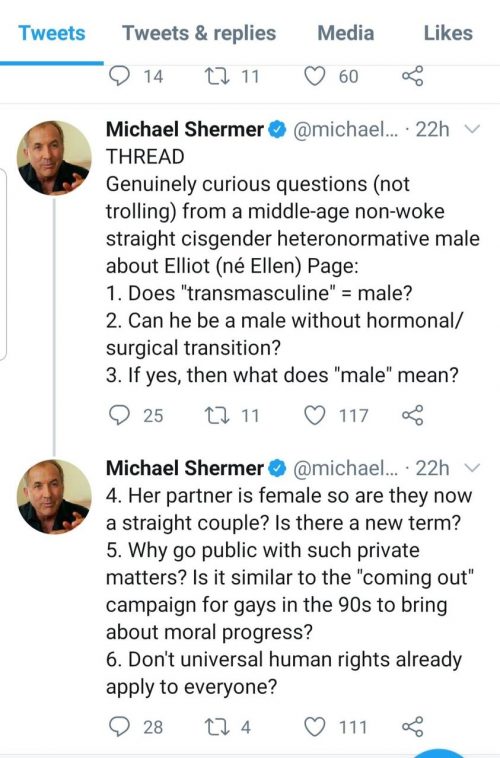We should have known. We’ve heard it for so long. Creationists love the Argument from Big Numbers — if we chain together a whole series of improbabilities and multiply them, we can get a really big exponent, therefore God. This approach is so familiar there’s a FAQ by Ian Musgrave on the errors in the calculations of the evolution of proteins.
Problems with the creationists’ “it’s so improbable” calculations
1) They calculate the probability of the formation of a “modern” protein, or even a complete bacterium with all “modern” proteins, by random events. This is not the abiogenesis theory at all.
2) They assume that there is a fixed number of proteins, with fixed sequences for each protein, that are required for life.
3) They calculate the probability of sequential trials, rather than simultaneous trials.
4) They misunderstand what is meant by a probability calculation.
5) They seriously underestimate the number of functional enzymes/ribozymes present in a group of random sequences.
We’ve seen it all. People seem to be fundamentally statistically innumerate and, without training, incapable of grasping the basic principles. There are whole books about innumeracy and its consequences.
So I wasn’t surprised at all when I saw that the Texas Attorney General had filed a lawsuit claiming there was a less than one in a quadrillion
chance that Biden could have honestly won the Texas election, and that it’s based on a familiarly stupid argument. Also unsurprising: that an old talk.origins compatriot, Wesley Elsberry, would jump on the faulty reasoning. We’ve all been here before.
Texas filed a lawsuit in the Supreme Court against four other states (Michigan, Wisconsin, Pennsylvania, and Georgia). Others have already weighed in on how unserious a lawsuit this apparently is.
But I want to have a look at something that is a bit more approachable, which is the statistics opinion that Texas Attroney General Ken Paxton relied upon in crafting the lawsuit. It makes some remarkable claims:
The probability of former Vice President Biden winning the popular vote in the
four Defendant States—Georgia, Michigan, Pennsylvania, and Wisconsin—
independently given President Trump’s early lead in those States as of 3 a.m.
on November 4, 2020, is less than one in a quadrillion, or 1 in
1,000,000,000,000,000. For former Vice President Biden to win these four
States collectively, the odds of that event happening decrease to less than one
in a quadrillion to the fourth power (i.e., 1 in 1,000,000,000,000,0004). See Decl.
of Charles J. Cicchetti, Ph.D. (“Cicchetti Decl.”) at ¶¶ 14-21, 30-31 (App. 4a-7a,
9a).
Read Wesley’s post for a thorough deconstruction (or this thread for a similar take), so I’ll keep it simple. What kills Paxton’s claims are the assumptions: he assumes that voters should have voted exactly as they did in 2016, that people who voted early on election day would have the same statistical preferences as those who voted later, that people who voted in person would vote the same way as those who voted by mail, and that different precincts would show no change in their preferences over time. He doesn’t seem to realize that what he has shown is not that Biden couldn’t have won, but that his assumptions were all wrong.
Now this has gotten me thinking about genetics, and it’s too early — this is my break, people — and the very first cross we’re going to do. It’s a boring cross to get heterozygotes out of two true-breeding strains, just a preliminary to the real experiment, but I have the students do observations to test their assumption that they’ll get half males and half females. They never do, and the statistics all say it’s a significant difference, with more females than males. Further, when you sample the population at different times after eclosion, it changes, with more females eclosing early. You don’t get to say, “it’s supposed to be 50:50!” and pretend your results are wrong — you’re supposed to question your assumption that sex is a random binary choice. There are a lot of factors that bias the outcome!






